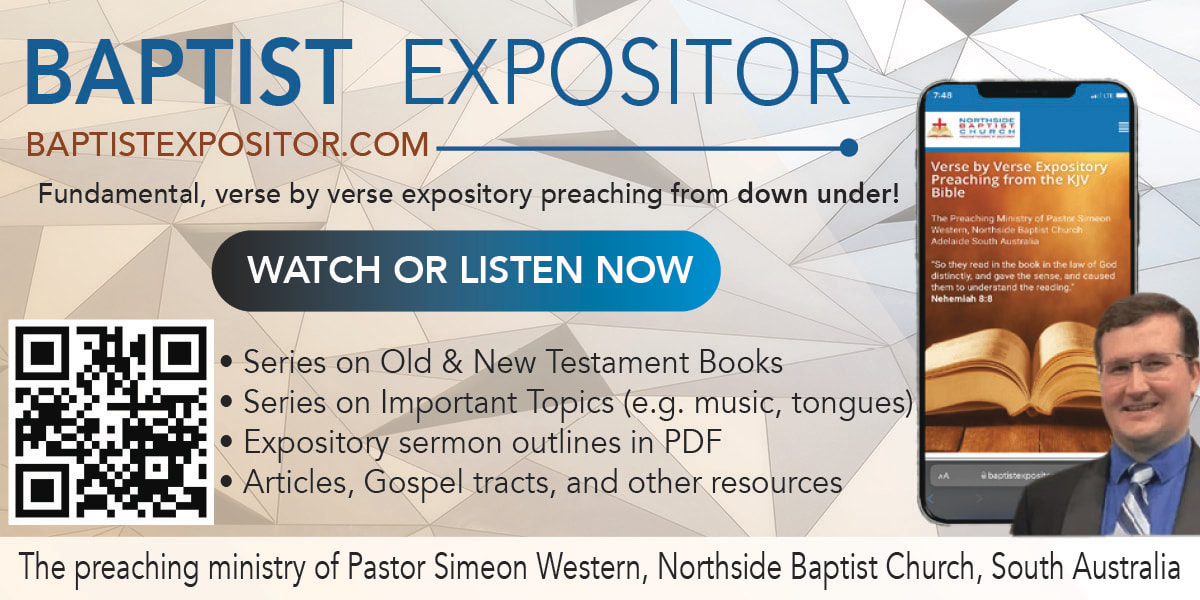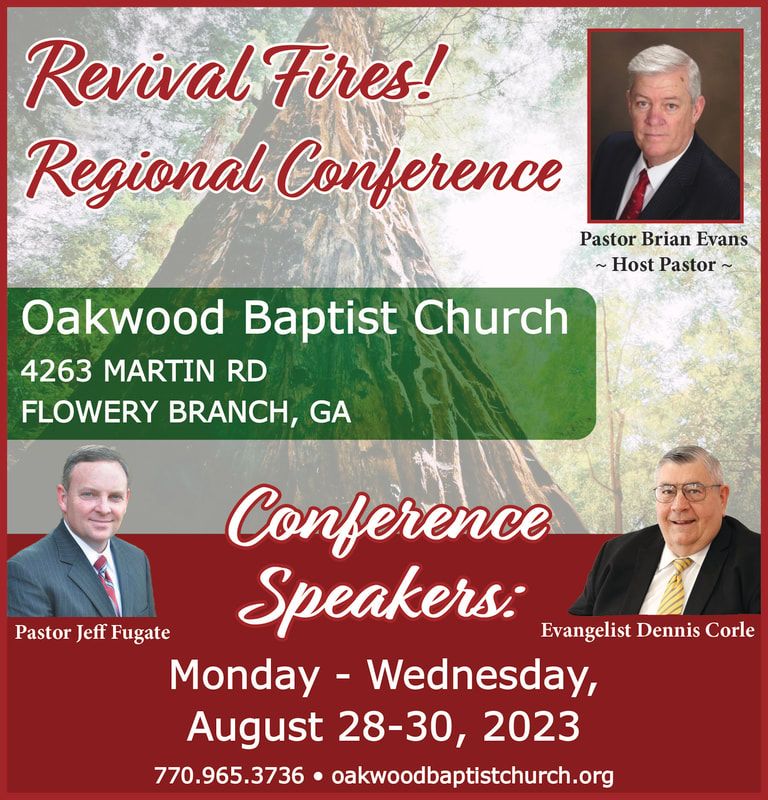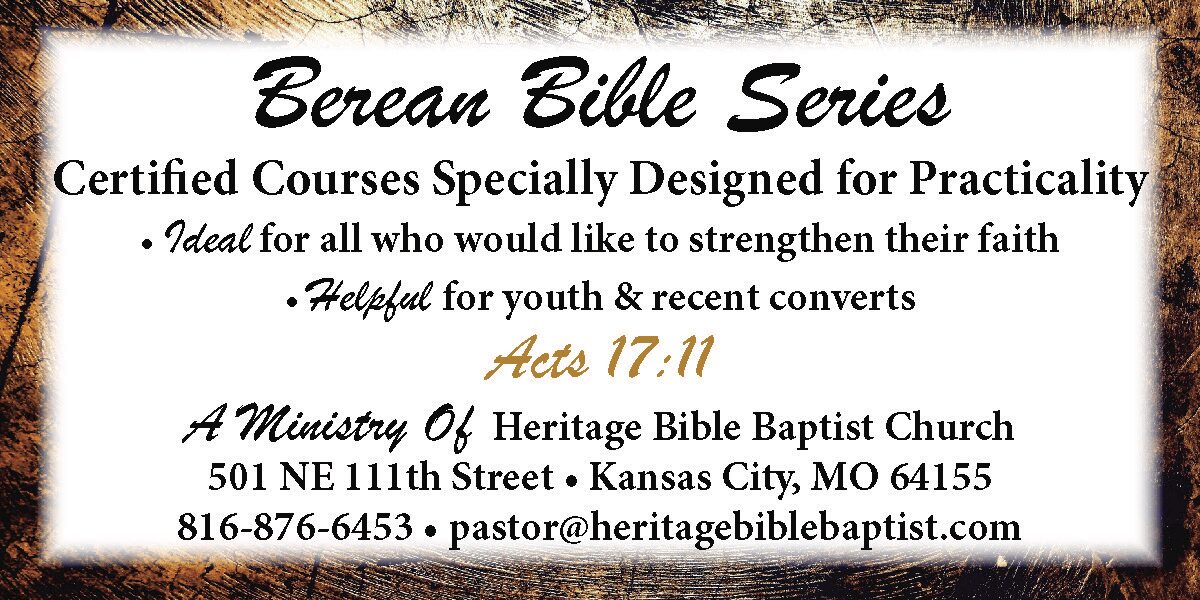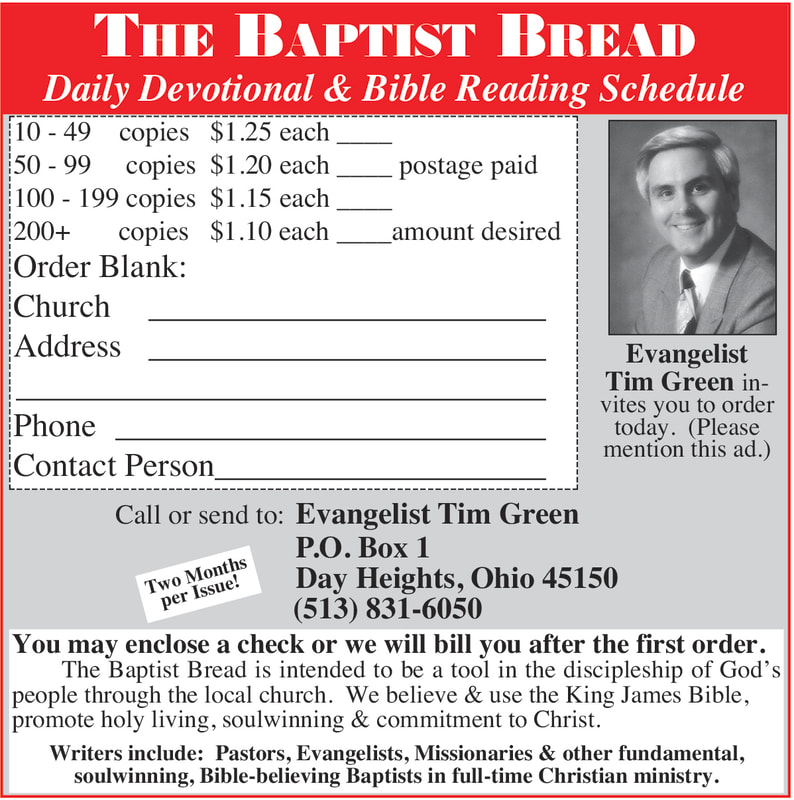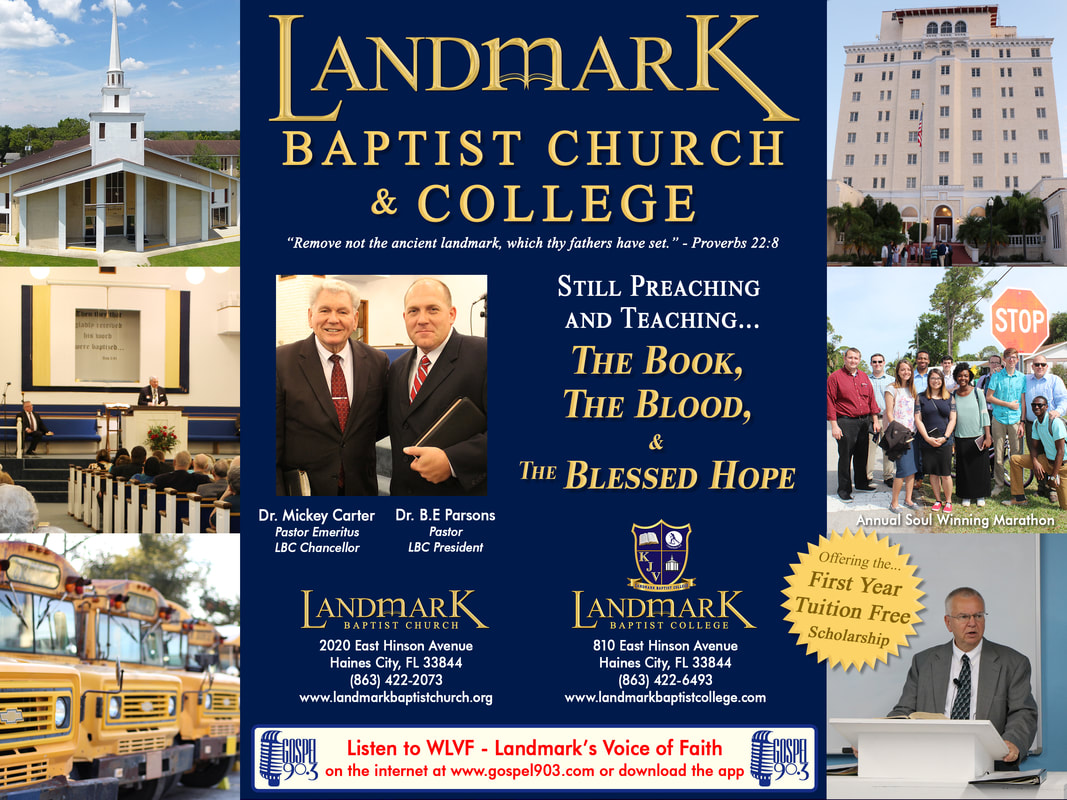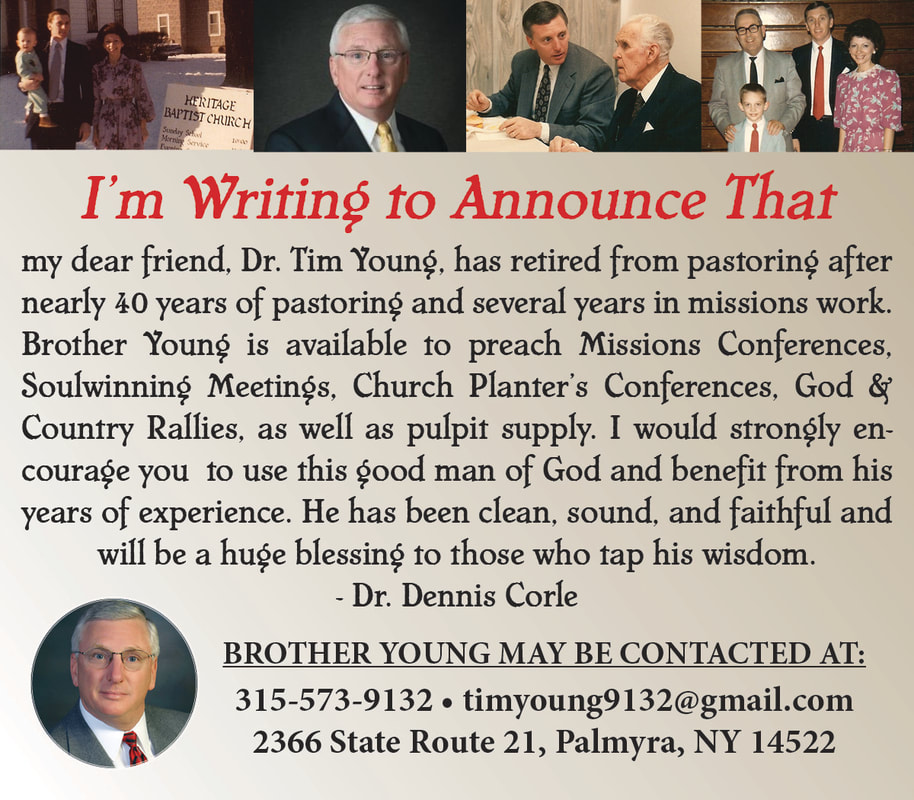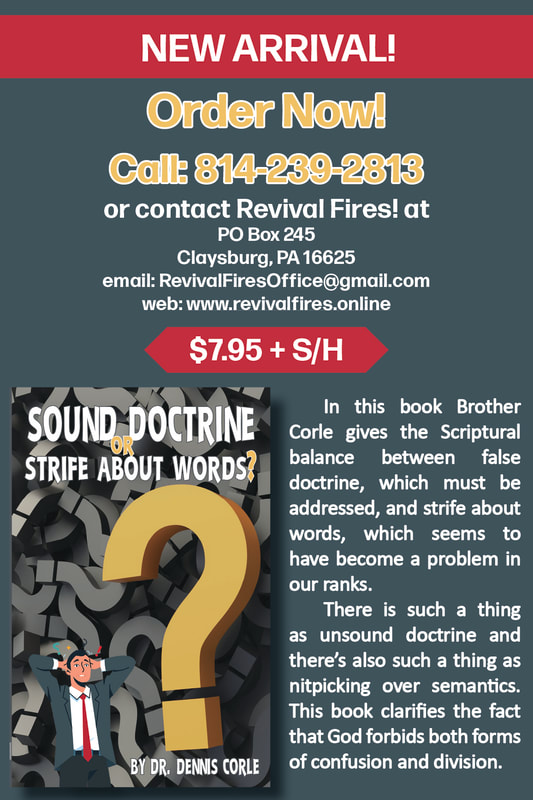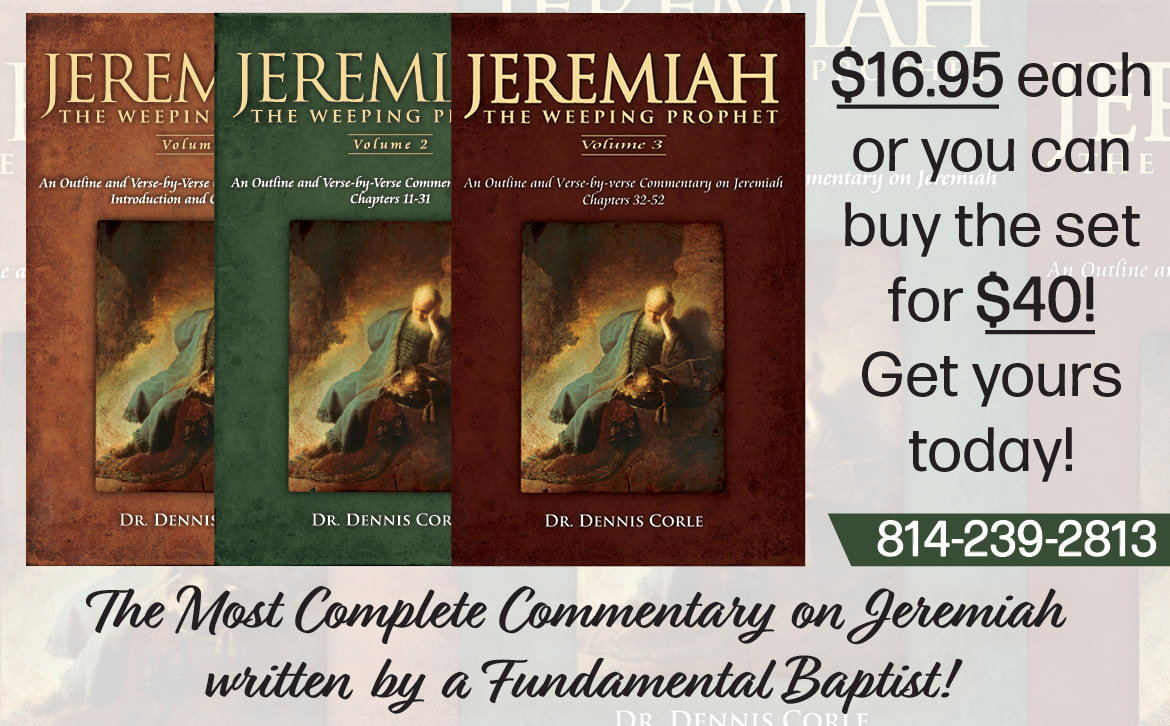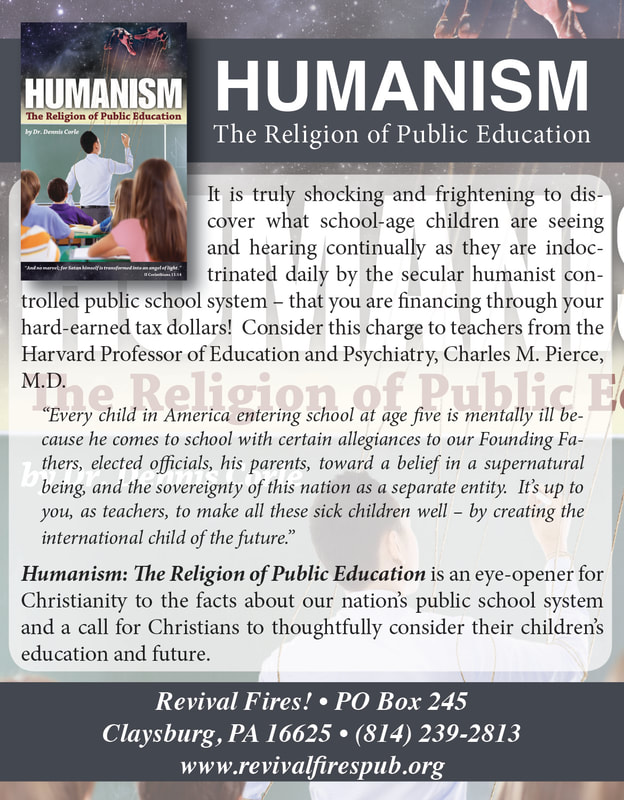There's Peace When The Prince Of Peace Moves InTwo families living side by side in the mountains of Kentucky had been quarreling and fighting for many years. The feud stared when Grandfather Smith's cow jumped over the stone fence of Grandfather Brown and ate his corn. Brown shot the cow. Then one of the Smith boys shot one of the Brown boys, in fact, two of them, while the Browns had shot only one of the Smiths.
Bill, the oldest of the Brown family, decided to even up matters, especially since it was his own father who had been killed. But Bill was called away to war. While he was away his mother had a hard time providing for the family. One Christmas the head of the Smith family took his wife and children to church. Usually he stayed outside, but it was so cold he decided to go in and wait. The sermon was on Christ, the Prince of Peace. It struck Smith's heart. On his way home he passed the home of the Browns and he began to realize what a crime he had committed in killing the breadwinner. He prayed. He did more. He determined secretly to help them. He hired a small boy to carry a basket of food to the Brown home every day. When Bill returned home, and heard of this mysterious kindness, he decided to find out who the generous helper was. He followed the little boy - straight to the door of the Smith's house. He could not believe his eyes. When Smith answered his knock, he smiled and declared: "Shoot me, Bill, if you want to." But Bill said he had come to thank him for taking care of his family while he was gone. Then Smith explained to Bill how he had come to a change of heart. He had heard the story of the first Christmas, the coming of the Prince of Peace. And the Prince of Peace had moved into his heart and the Prince of Peace within brought peace to his entire life. SUPPOSE... Suppose it were your birthday And all your friends would come To gather round your fireplace There in your happy home. They come with smiles and gladness, And bring their presents, too. But when they start to share them, There's not one for you. They give them to each other, A grand and costly lot, But for the guest of honor, They somehow just forgot. You say such things don't happen Nor should it ever be; It seems too crude and cruel, For folks like you and me. But friend, have you considered Just this is what men do? Not, of course, to people But of our Lord, it's true. We celebrate His birthday With all our pomp and style; But give to one another And grieve Him all the while. 'Tis Christ we claim to honor At this glad Christmastime; Don't spend on friends the dollars And give Him just a dime. To give to one another Indeed is very nice; But best of all to Jesus, For Him let's sacrifice. His cause too long has suffered By thoughtless, selfish men. Let's bring to Christ the first-fruits And give our best to Him. Fred D. Jarvis |
|
P.O. Box 245 | Claysburg, PA | 16625 | 814.239.2813 | [email protected]



